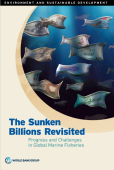
Global marine fisheries are in crisis. The proportion of fisheries that are fully fished, overfished, depleted, or recovering from overfishing increased from just over 60 percent in the mid-1970s to about 75 percent in 2005 and to almost 90 percent in 2013. Biological overfishing has led to economic overfishing which creates economic losses. To quantify the value of this economic loss, in 2009 the World Bank and the Food and Agriculture Organization of the UN (FAO) published a study on the economic performance of global fisheries, The Sunken Billions: The Economic Justification for Fisheries Reform.
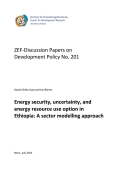
Ethiopia’s energy sector faces critical challenges to meeting steadily increasing demand given limited infrastructure, heavy reliance on hydroelectric power, and underdevelopment of alternative energy resources. The main aim of this paper is to investigate optimal least-cost investment decisions for integrated energy source diversification. We seek to contribute to the relevant literature by paying particular attention to the role of public policy for promoting renewable energy investment and to better understand future energy security implication of various uncertainties. Dynamic linear programming model created using General Algebraic Modelling Systems (GAMS) software was used to explore the national energy security implications of uncertainties associated with technological and efficiency innovations, and climate change or drought scenarios. To cope with the impacts of drought on hydroelectric power production Ethiopia would need to invest in the development of alternative energy resources. This would improve sustainability and reliability, but these changes would also increase production costs.
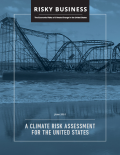
A Climate Risk Assessment for the United States identifies the economic risks posed by a changing climate. The U.S. will likely face the effects of human-induced climate change including rising seas and more frequent bouts of extreme heat. The report identifies striking economic impacts from climate change, from the near-term to the end of the century across all 50 U.S. states.
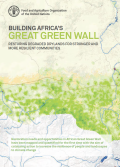
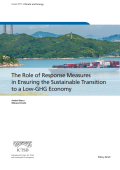
The increasingly interconnected nature of the global economy means that the impacts of climate change mitigation measures, or response measures, are not confined within the borders of countries implementing them. Such impacts will become of even more and growing importance under the decentralised and increasingly ambitious new climate regime. This policy brief explores the issue of response measures in the context of the post-Paris climate regime from a practical and policy-relevant perspective, examining different options on how the issue may evolve.
